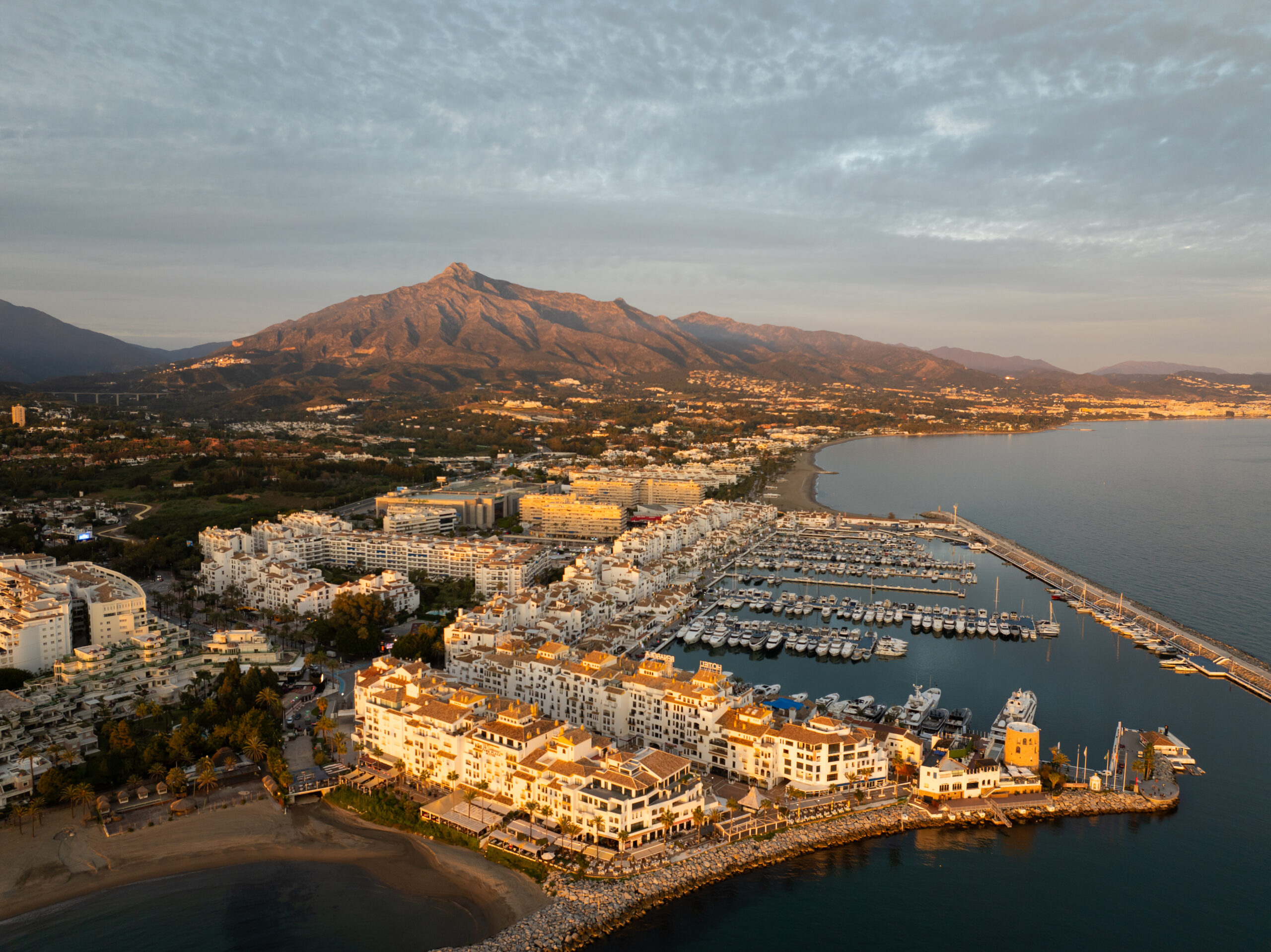When buying a property in Marbella, understanding the tax implications is crucial. Spain has a well-defined property tax system, but it can be complex for international buyers. In this post, we’ll cover the key taxes you’ll encounter when purchasing a property in Marbella and provide useful information on how to navigate them to ensure a smooth transaction.

1. Property Transfer Tax (ITP): For resale properties, buyers are required to pay Property Transfer Tax (ITP). As of April 2021, the tax was reduced to a flat rate of 7% for all resale properties in Andalusia. This tax is based on the purchase price or market value, whichever is higher.
- Special Considerations: Properties bought by real estate companies or professionals as an investment may qualify for a reduced tax rate of 2% if the property is resold within five years.
2. VAT and Stamp Duty on New Properties: For new properties, the tax system differs. You will pay VAT (IVA) at 10% on the purchase price. This is applicable when buying from a developer or professional seller.
Additionally, Stamp Duty (Actos Jurídicos Documentados) applies to new properties, set at a rate of 1.2%. This applies to residential properties, including apartments, villas, and garages.
- VAT on Land and Commercial Properties: If you’re purchasing land or commercial properties, the VAT is higher at 21%.
3. Annual Property Tax (IBI)
Once you’ve purchased your property, you’ll need to pay an annual property tax known as Impuesto sobre Bienes Inmuebles (IBI). This is a local tax levied by the Marbella town hall and is based on the cadastral value of the property (not the market value).
- Rates: The annual IBI rate is typically between 0.4% and 1.1% of the property’s cadastral value, depending on the property’s location and other factors.
This tax is generally paid once a year, and the amount can vary depending on the size, location, and nature of the property.
4. Capital Gains Tax (CGT) on Property Sales
When you sell a property in Marbella, Capital Gains Tax (CGT) will apply to the profits made on the sale. The rate depends on how long you’ve owned the property and your residency status.
- For residents: The CGT rate starts at 19% and can go up to 23% depending on the amount of profit.
- For non-residents: The flat CGT rate is 19%.
If you’re selling a property as an investment, this is an important consideration in your overall tax planning.
5. Municipal Added Value Tax (Plusvalía Municipal): The Municipal Added Value Tax is based on the increase in the land value between the time the seller originally purchased the property and the time of sale. Typically, this tax is the responsibility of the seller, but it can sometimes be negotiated as part of the sale agreement.
The amount depends on the property’s location and how much the land value has increased. While usually not substantial for smaller properties, this tax can be significant for larger properties with land.
6. Wealth Tax: Property owners in Spain may be subject to Wealth Tax if their assets exceed the exemption threshold. For residents, the exemption starts at €700,000 for individuals, and for non-residents, the tax is calculated based on their total assets in Spain.
- Rates: Wealth tax ranges from 0.2% to 2.5% depending on the total value of your assets.
Conclusion
Buying property in Marbella is an exciting investment, but it’s important to understand the tax implications involved. From Property Transfer Tax to annual property taxes and Capital Gains Tax, ensuring you are aware of all taxes will help you avoid surprises down the line. We recommend consulting with a local lawyer or tax advisor to ensure you comply with all tax requirements and to take advantage of any potential deductions or exemptions. By being informed, you’ll be able to enjoy your Marbella property without any financial headaches.
